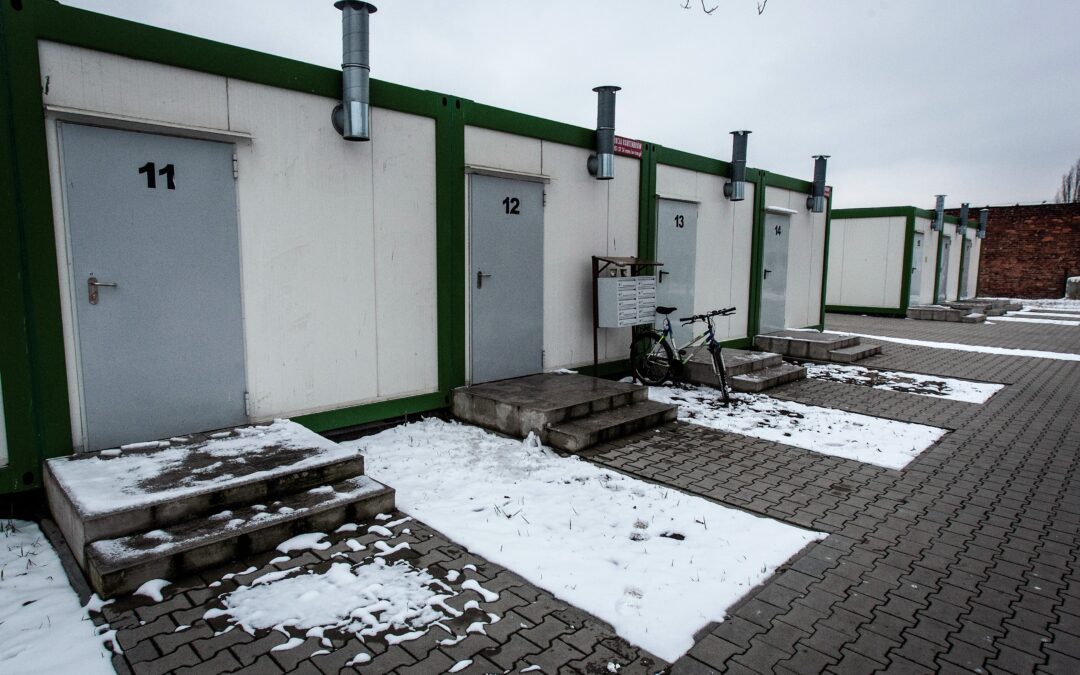Authorities in Otwock, near Warsaw, have announced that communal housing residents who fail to pay overdue rent will be moved to live in containers on the outskirts of town. They say that the threat has already encouraged some debtors to pay up.
“Those people who are not interested in working off their debt in any way, but are a nuisance to their neighbours, will be moved to apartments located in containers,” Otwock’s mayor, Jarosław Margielski, told Radio Kolor earlier this year.
Some residents have built up tens of thousands of zloty in arears, The highest debtor owes 120,000 zloty (€26,600). As well as being able to pay off the rent in instalments, debtors can also do social work to compensate for it, according to iOtwock.info, a local news portal.
The municipal authorities have completed “initial research” in which they “analysed offers from various container producers” and considered locations, the head of the local housing board, Bartłomiej Kozłowski, told Radio Kolor this week.
The new compound will be located “on the outskirts of the city” so as to “not be annoying to neighbours”, he added. To prevent residents from racking up further debts, the containers are to be fitted with prepaid counters for the use of electricity, which is necessary for heating, cooking and lighting.
The first ten containers – which will each feature a single room, a bathroom and a kitchenette – are likely to be built in the spring of 2021, at a cost of between 50,000 and 60,000 zloty each, reports iOtwock.info.
The threat of resettling to a container appears to have encouraged a number of debtors to pay up, with the authorities reporting 3-4 new settlements per week. “In total that’s 30 settlements already,” said Kozłowski.
The “social container” solution has already been deployed elsewhere in Poland, including in the cities of Kalisz and Poznań (pictured above), as well as the small town of and Łobżenica.
The compound set up in Poznań in 2012 was meant to house “tough neighbours” and those who refused to pay for communal housing. It was, however, dismantled completely in 2017 following protests by housing collectives, reported Gazeta Wyborcza at the time.
Otwock, however, still seems keen to emulate the effects of earlier container compounds. In other cities, they have been “effective at scaring stubborn debtors…[into] independently seeking new housing or beginning to pay off arrears so as not be put in a container,” writes iOtwock.info.
Main image credit: Lukasz Cynalewski / Agencja Gazeta

Maria Wilczek is deputy editor of Notes from Poland. She is a regular writer for The Times, The Economist and Al Jazeera English, and has also featured in Foreign Policy, Politico Europe, The Spectator and Gazeta Wyborcza.




















